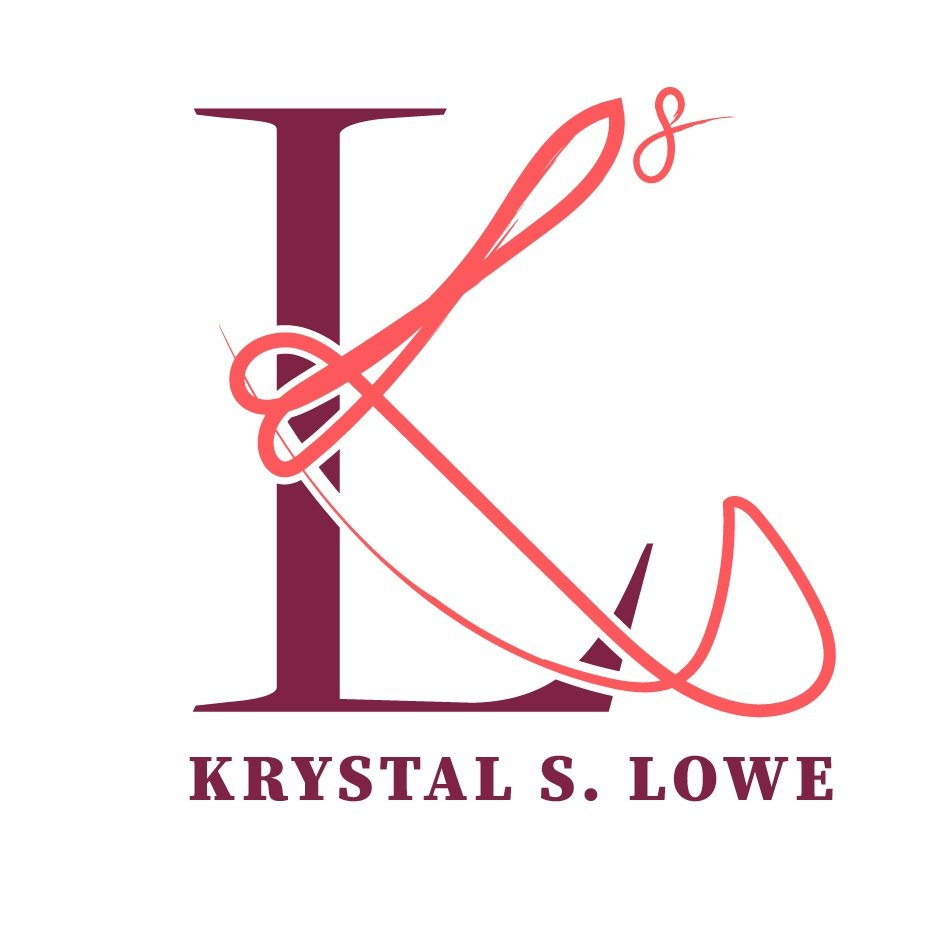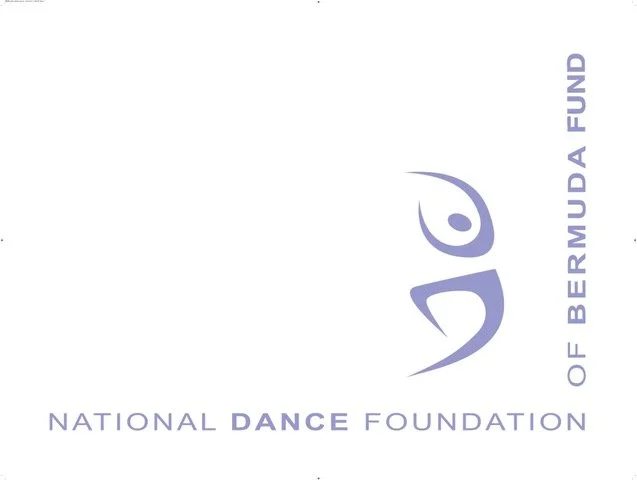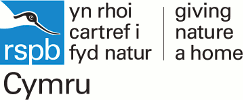A Sharing of Learning - Intersectional Identities|Hunaniaethau Croestoriadol
A Sharing of Learning
Intersectional Identities | Hunaniaethau Croestoriadol
In June 2021 the Intersectional Identities / Hunaniaethau Croestoriadol project began. Throughout 18-months, project partners, Deaf Hub Wales, Eisteddfod Genedlaethol Cymru, National Dance Company Wales, Taking Flight Theatre Company, The Royal Society for the Protection of Birds Cymru: Giving Nature a Home in Cardiff, and myself will seek to develop artists, new audiences, and participants with specific focus on the intersections of D/deaf, Black, and Welsh speaking people.
On this project I am Partner, Producer, Creator, Performer, and Facilitator and in each of my roles I have learned so much. Below I’ll share, as concisely as possible, not every detail of my learning but the things I’d like to share at this time. My learning will blur between these roles but for ease of reading I have separated the roles.
Partner:
- Real change takes consistent engagement over a longer period of time. Certain things can be visibly seen quickly but the deep, culture-shifting changes take time. Throughout this project we have shifted the timeline, more than once, to ensure that we were responding to the needs of the work instead of being fixed to a plan. One of my weaknesses is that I can easily get stuck to the original plan instead of shifting. This is why having the partner team and experienced executive producer, Yvonne Murphy, has been so fundamental. We each provide strength and insight in different areas, together we create a strong partner team.
- Engaging new artists and creative team takes commitment to people. Keeping an eye out for new connections constantly and making contact before projects come up is important. Over this past year I have continually followed new people and organisations that align with my purpose and values.
Producer:
- Call-outs for roles take FAR longer to create when they need to be interpreted into BSL and Welsh. The idea of writing a call-out and assuming it will be translated and posted in a week is unrealistic and promotes unhealthy working conditions. Now I allow for one month between writing the call-out and sharing it. This is usually more time than I need but I’d rather be pleasantly surprised then put undo pressure on a translator/interpreter.
- In order to ensure safe spaces there needs to be clarity for contracted freelancers about who they can go to when they need support. When the work happens in a project that is made up of many partners (or a self-producing freelancer), there needs to be a clearly defined procedure for what someone is able to do if they need support. Going forward, I will always clearly outline someone trustworthy, other than myself, for those contracted on my projects to go to if they need support that I cannot give; or feel they cannot come to me with.
Creator:
- Whimsy is about a little girl who names herself. This one line not only opens the work but is the entire point of the work. Women, especially women from cultures that have a deep history of being oppressed, should be empowered to define themselves. To name themselves. This was an interesting concept to explore while thinking of Whimsy having a sign name. As a hearing person, no matter your intentions, it's cultural appropriation to give yourself a sign name.
What makes this particularly difficult for some hearing people to understand is that there is no English-speaking equivalent. Because English speakers often implicitly and explicitly require people with names they deem to difficult - too different - to change their name to one that is more English sounding. 'How about we just call you Ann instead?' 'Can I just say Joe?' 'I think I'll just call you Andy.' First language English cultures have a history - which continues - of stripping people of their cultural identity and dressing them in a new one. People who have only experienced this type of culture seem to struggle with the idea of a culture of people who would find being 'worn' or 'put on' to be offensive appropriation. During the development of my work Whimsy, it has been crucial for me, as a maker, to constantly seek understanding of other cultural experiences while ensuring to empower my own voice – and subsequently the voice of Whimsy.
Performer:
- As a performer, I had the incredible experience of being able to perform in the Welsh language for the first time. For me, knowing the why and understanding every aspect of my work allows for me to be more confident in the delivery, to more fully embody the character, and give the appropriate respect to the language. It was essential to me, especially as a Welsh learner, to ask questions at every stage in the learning process, to understand what each word I was saying meant, and why it was chosen (more so when there was no direct translation).
Facilitator:
- Moo-sical Chairs was a great game I learned at Taking Flight Youth Theatre. You use a ‘Cow’ sign instead of music as the indicator for when to find a chair. It was brilliant to play and allowed me, as a hearing person, to engage in this classic game in another way. While we played this game, I began to think of ways to ensure it’s accessible to visually impaired people and thought that perhaps there’s a version where the music attendant and the signer are in communication with each other to simultaneously stop the music as the Cow sign is shown (or a smart watch or handheld device connected by blue tooth).
- Hearing is a spectrum and assumptions aren’t beneficial to a creative process. So when engaging Deaf participants in workshops always ask if they’d like music or not.
- In general, take time at the beginning of workshops to just get to know each other through games and fun. It helps to build stronger connections and inadvertently teaches you a lot about your participants.










